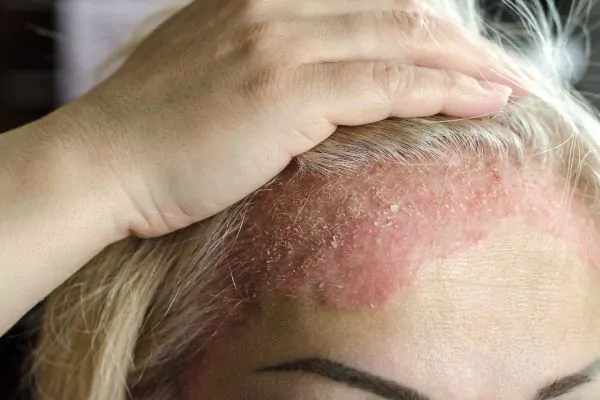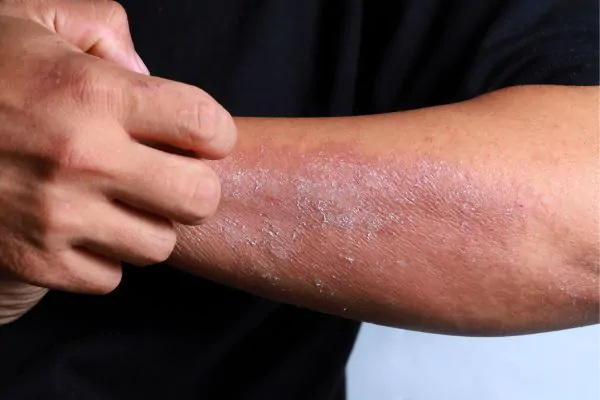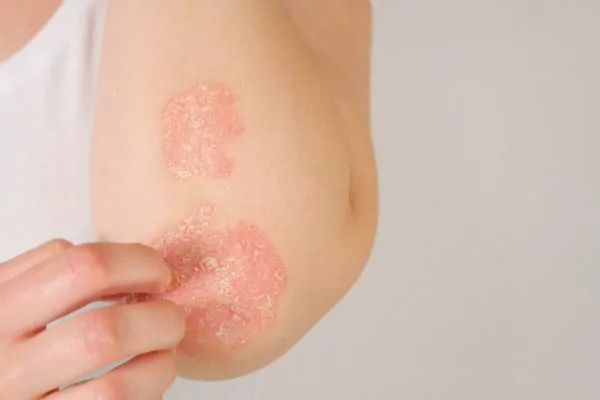Eczema is a common skin condition that causes dry, itchy, and bumpy patches. It weakens the skin’s ability to retain moisture and protect against irritants.
Eczema, also known as atopic dermatitis, is a chronic skin condition that causes inflammation, redness, and irritation. It can affect people of all ages. Eczema is often associated with a compromised skin barrier, which allows irritants, allergens, and moisture to affect the skin, leading to flare-ups. While eczema is not contagious, it can be persistent and flare up with certain triggers.
At The Derma Clinics, we understand how challenging living with eczema can be. Whether you’re dealing with occasional flare-ups or chronic discomfort, our experienced dermatologists offer comprehensive eczema treatments to help you manage symptoms and achieve healthier skin.






